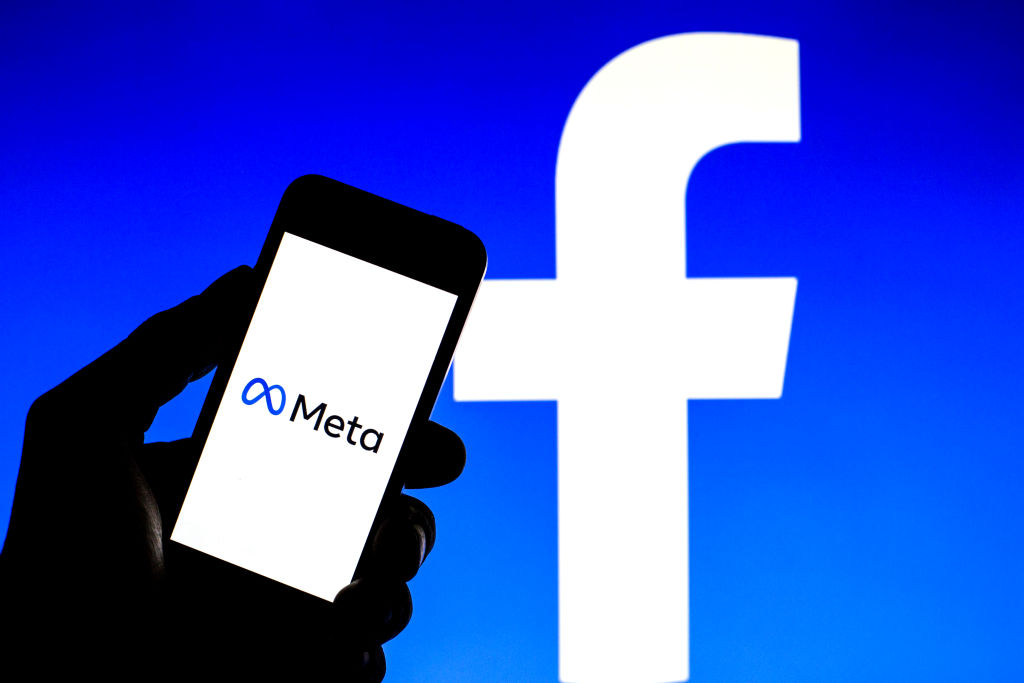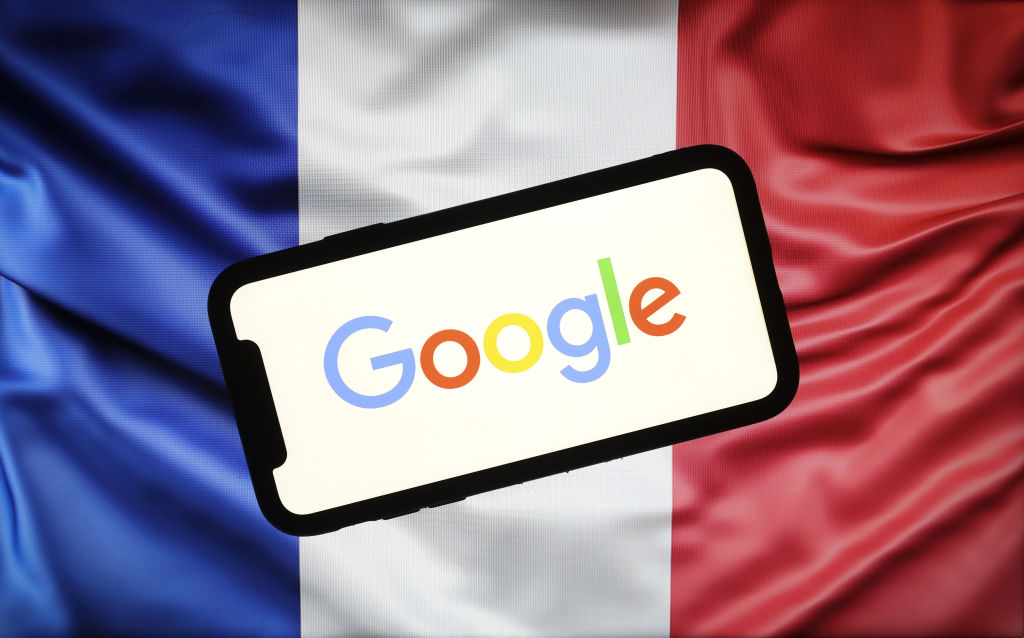420,000 scam emails sent per hour in UK
Cyber criminals are working at a rapid rate as research shown that 420,000 scam emails are sent every hour in the UK.


UK users are still very much at risk from cyber crime, with one of us becoming a victim every seven seconds and more than 420,000 scam emails being sent every hour.
So says a report from life assistance firm CPP, which has estimated 3.7 billion phishing emails were sent to Britons in the last year, providing further evidence of the relentless rise of cyber crime.
Furthermore, a quarter of Brits have been hit by online fraudsters and the average victim has lost more than 285, according to the study carried out by ResearchNow for the consumer protection company.
More than half of respondents have received emails luring them into a fake lottery or competition prize draws, while 55 per cent of those targeted by email scams are sent messages claiming to be from banks.
"It can be extremely difficult to spot a legitimate email from a scam, so we advise caution at all times when online," said Nicole Sanders, identity fraud expert at CPP, in a statement.
"And as social networking sites become increasingly popular, people need to continue to be mindful of what they post. Their identity is as valuable to a thief as a credit card, so protecting personal details is key," she added.
Concerns over social networking security have been escalating since the boom of such services began. Facebook has been hit by a number of attacks in the last month, including one known as clickjacking, which has forced users to Like' webpages on the social networking site.
Sign up today and you will receive a free copy of our Future Focus 2025 report - the leading guidance on AI, cybersecurity and other IT challenges as per 700+ senior executives
Reformed computer hacker Robert Schifreen said that staying safe online is simple as long as people follow rudimentary security advice, such as keeping antivirus software up to date.
"Never type your credit card number, password, or any other confidential information into a website unless its address begins with https and your browser displays the closed padlock' symbol," Schifreen added in a statement for the CPP report.
Tom Brewster is currently an associate editor at Forbes and an award-winning journalist who covers cyber security, surveillance, and privacy. Starting his career at ITPro as a staff writer and working up to a senior staff writer role, Tom has been covering the tech industry for more than ten years and is considered one of the leading journalists in his specialism.
He is a proud alum of the University of Sheffield where he secured an undergraduate degree in English Literature before undertaking a certification from General Assembly in web development.
-
 What the fragmentation of UC means for the channel
What the fragmentation of UC means for the channelIndustry Insights If communications are becoming fragmented, what does that mean for MSPs and VARs?
-
 How SMBs can DIY their IT implementation and support
How SMBs can DIY their IT implementation and supportFeature For some small and medium-sized businesses, the third-party expertise and support might be out of reach. What’s the alternative?
-
 Latest Meta GDPR fine brings 12-month total to more than €1 billion
Latest Meta GDPR fine brings 12-month total to more than €1 billionNews Meta was issued with two hefty GDPR fines for “forcing” users to consent to data processing
-
 "Unacceptable" data scraping lands Meta a £228m data protection fine
"Unacceptable" data scraping lands Meta a £228m data protection fineNews The much-awaited decision follows the scraping of half a billion users' data and received unanimous approval from EU regulators
-
 Meta notifies around 1 million Facebook users of potential compromise through malicious apps
Meta notifies around 1 million Facebook users of potential compromise through malicious appsNews The vast majority of apps targeting iOS users appeared to be genuine apps for managing business functions such as advertising and analytics
-
 Facebook business accounts hijacked by infostealer malware campaign
Facebook business accounts hijacked by infostealer malware campaignNews Threat actors are using LinkedIn phishing to seize business, ad accounts for financial gain
-
 Meta begins encrypting Facebook URLs, nullifying tracking countermeasures
Meta begins encrypting Facebook URLs, nullifying tracking countermeasuresNews The move has made URL stripping impossible but will improve analytics
-
 Meta hit with €17 million fine over multiple GDPR breaches
Meta hit with €17 million fine over multiple GDPR breachesNews The social media giant set aside over €1 billion in November to help it cope with potential fines arising from data protection investigations
-
 Meta says Apple's iOS privacy changes will cost it $10 billion in 2022
Meta says Apple's iOS privacy changes will cost it $10 billion in 2022News The company's CFO suggests Google "faces a different set of restrictions" because it pays Apple to remain the default iOS search engine
-
 Google, Facebook fined €210 million for making it difficult for users to reject cookies
Google, Facebook fined €210 million for making it difficult for users to reject cookiesNews Data regulator CNIL gives companies three months to provide a system for refusing cookies that is as easy as single click consent
